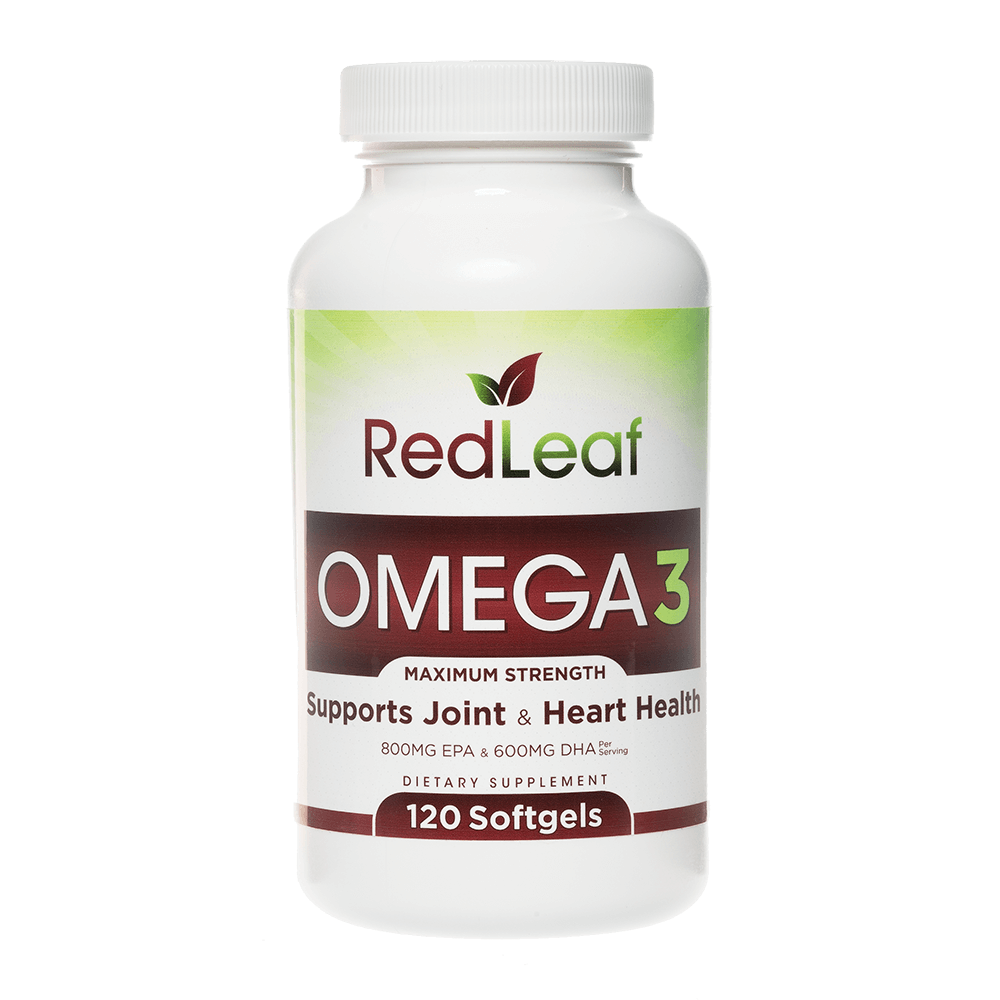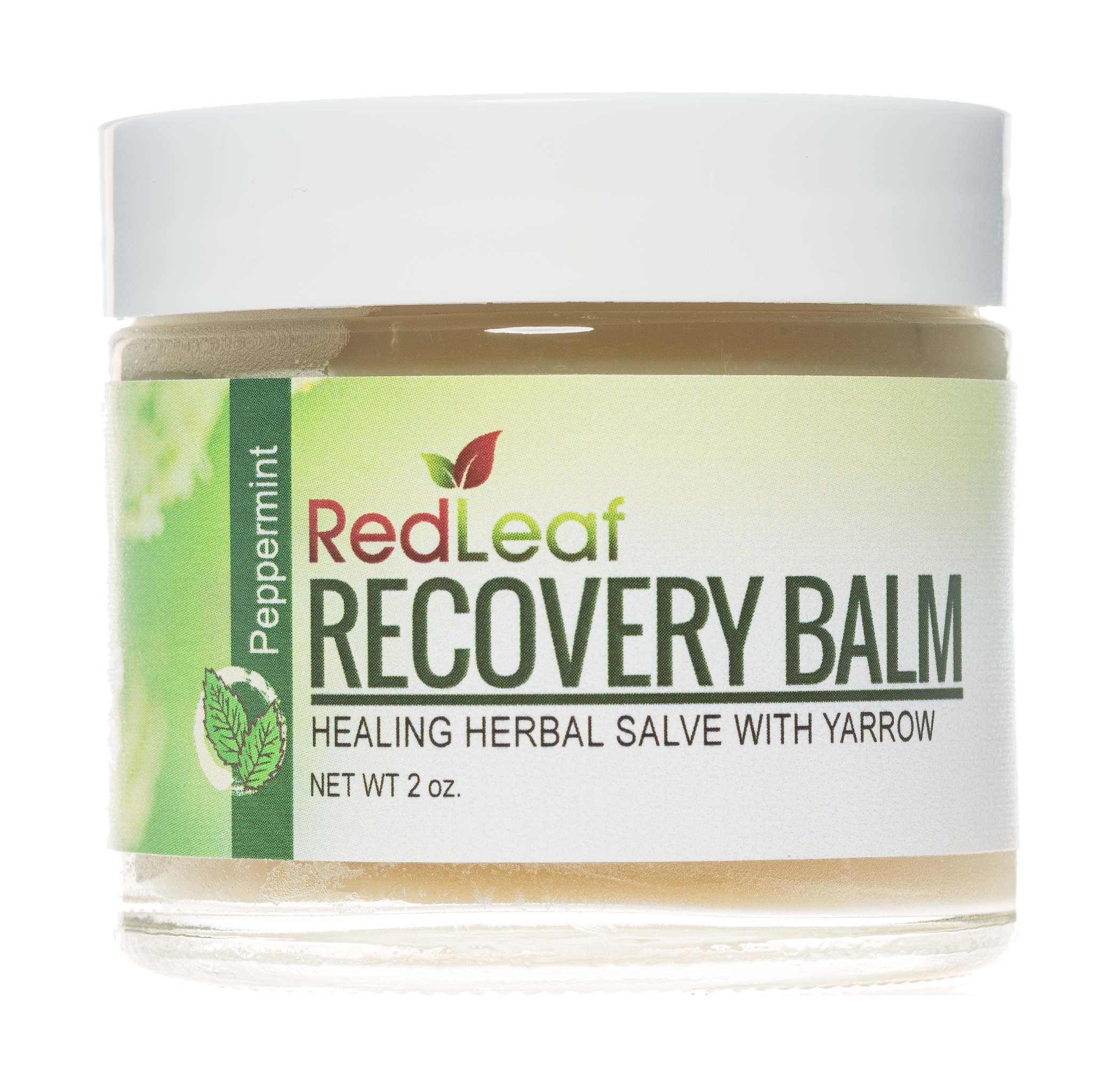Have you ever asked yourself how much protein you should be eating in a day? We get this question (and others like it) all the time and you’ll start to notice a pattern in our responses. Like with many things, your daily protein recommendation depends on YOU!
However, that’s not to say there are not general guidelines for everyone to follow. Studies show that somewhere between 0.8 and 1.2 grams per POUND of bodyweight is what the average person should be consuming daily with their protein intake.
What’s shocking is the United States recommends only 0.8 grams per KILOGRAM of bodyweight as the daily recommended intake (DRI) level. This is a great opportunity to point out the DRI is the amount you need to not get sick – which is very different than the amount you need for optimal health and performance.
How much protein do I need in a day?
Just like the supplements each person takes, how much each person needs to exercise, and how much each person needs to eat will vary from individual to individual, protein needs depend on your goals. Our friend Mikey over at the Workout Cave has made this super easy for all of you with his online protein calculator. He even has options for you to specify your personal fitness goals in order to get an accurate macro breakdown! Before you head over that way, take a look at the following activity types to see where you fall:
Light Activity / Sedentary (Yoga, Walking, etc):
For this category, you can stick at the 0.8 grams per pound of bodyweight level. You’re not creating muscle breakdown, and therefore your protein needs are not extremely high. Focus on having a palm sized serving of protein with each meal (3 eggs at breakfast, chicken breast at lunch, fish for dinner, for example) and a protein-dense snack throughout the day, such as Greek yogurt.
Cardio-focused Activity (long-distance running, biking, swimming, etc.)
If you’re this athlete, you’re going to want to bump up your protein intake a bit. You will want to shoot for 1.0 grams per pound of bodyweight. Although cardiovascular workouts like running and biking greatly increase the caloric output of your day, it still doesn’t cause extreme muscle breakdown. Increasing your protein slightly should do the trick. Add another snack of protein dense food.
High Intensity Interval Training (bootcamp classes, kick boxing class, etc)
At this type of exercise, you’ve typically started including bodyweight movements and/or light weightlifting into your fitness routines. With this added stimulus, you need more protein. Increase your amount to 1.1 grams per pound of bodyweight. This makes a 180 pound male need 200 grams of protein – not an easy amount to get in during the day. You’ll need to add an extra serving of protein to a meal, and keep the second protein snack mentioned before.
CrossFit, weightlifting, and body building
These exercise styles require your body to move a LOT of external loads. You’ll be lifting almost daily, and therefore your muscles are going to be broken down. Along with appropriate rest, high levels of protein can give you the best results in terms of muscle growth and strength improvements. At this point (especially if you’re competing in any of these forms of exercise) you will want 1.2 grams per pound of bodyweight. Using our 180 pound male example, that’s 205 grams of protein. In order to eat this much protein, you’ll need two palms of protein at each meal, and potentially a bedtime protein-heavy snack.
How do I eat this much protein?
When you first start eating higher amounts of protein, you’re going to feel extremely full. Protein is the hardest macronutrient for your body to breakdown and therefore makes you the fullest. It also burns the most calories through the thermic effect of food. A couple of tips for getting this protein in:
- Start your day on the right foot – get at least one third of your protein in at breakfast. Staples to make this happen include egg whites, Greek yogurt, and Impossible meat options.
- Have a few protein-only options on hand at all times. Protein powder (plant based or not) as well as Greek yogurt or cottage cheese (are you seeing a trend) are great things to always have in your house.
- Build your meals around lean protein. When you plan a meal, just be sure it has some protein at the center!



